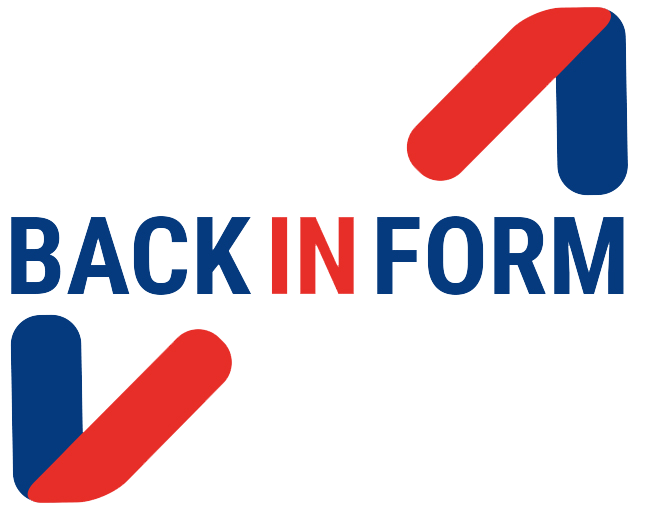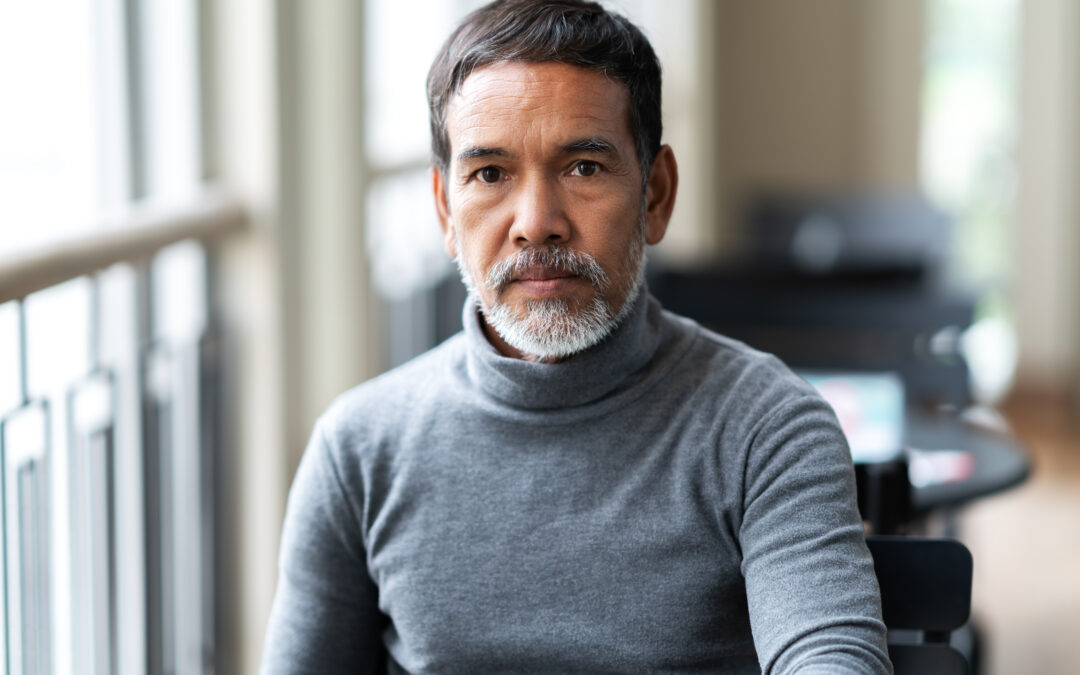Dear Friend,
after taking a closer look at Menopause last monthI decided to investigate the male version in today’s blog.
Hormonal changes are a natural part of life and aging and effect both women and men. Today an estimated 10 million U.S. men are significantly effected by hormonal changes as they age. There is growing evidence that some men experience similar effects as women during perimenopause and menopause. This situation is commonly referred to as “male menopause” or “Andropause” aka androgen decline in the aging male (ADAM), partial androgen deficiency in the aging male (PADAM) or aging-associated androgen deficiency (AAAD. This condition is caused by a gradual, but significant decline in blood androgen levels, mostly testosterone. Other than in women in which the ovaries completely stop producing estrogen and progesterone, the male testes do never completely stop or pause the production of testosterone, making “Andropause” really a misnomer. The hormonal decline in women happens far more rapidly and absolute than the one in men. Men start a slow gradual decline of about 1% per year as early as age 30. Due to the gradual decline over decades symptoms are often far more subtle and may be overlooked for many years.

Decreases in testosterone levels associated with “Andropause” have been linked to:
- decreases in lean muscle mass and bone density,
- increases in visceral fat
- decreases in muscular strength and power
- erectile dysfunction and decreased libido
- depression and mood changes
- decreased cognitive function
- changes in sleep patterns
The real good news is that all of the above listed symptoms respond positive to exercise and training. In addition hormone replacement therapy can help ease the severity of most of these symptoms and improve the overall quality of life of those affected. Testosterone replacement therapy might increase the risk of prostate cancer or it’s recurrence.
How does exercise effect Andropause or testosterone levels? Recent studies indicate that testosterone and human growth hormone (HGH) levels can be increased through exercises, specifically heavy weight lifting and “High Intensity Interval Training” (HIIT). In other words if you want to maintain or restore favorable levels of testosterone and HGH you might want to engage in these types of work-outs for greater virility. Weight and Resistance Training and HIIT are also great to counterbalance the increases in visceral body fat, the loss of lean muscle mass and bone density. In addition, rest and a healthy diet are equally important when trying to naturally boost your testosterone levels. If you don’t get at least 7-8 hours of sleep you cutting your body’s time short to produce these hormones. A diet high in protein and moderately low in carbohydrates can increase and maintain serum levels of testosterone. Also avoid “no fat” diets as some dietary fat is needed to produce testosterone. Protein supplements are available, mostly in form of powders. Nuts, beans, low fat yogurt, lean meats and fish are my own preferred source to cover my protein needs. Carbohydrates should be ingested mostly in form of vegetables and fruit which contribute valuable antioxidants.
Summation
Andropause is a natural part of every man’s life cycle but does effect some more than others. Due to the slow decline of testosterone levels symptoms are often missed and treatment delayed. Moderate success in treating some of the symptoms has been achieved through hormone replacement therapy. In addition regular exercising, good nutritional choices and plenty of rest and sleep can naturally boost testosterone levels and counter balance many of the negative consequences of Andropause.
I hope as always you enjoyed today’s blog, learned a little, and welcome your comments and questions.
In good health,
Hartmut
Sources:
http://www.webmd.com/men/guide/male-menopause
http://www.mayoclinic.org/healthy-living/mens-health/in-depth/male-menopause/art-20048056?pg=2
http://www.medicinenet.com/male_menopause/article.htm
http://www.ideafit.com/fitness-library/andropause
http://www.healthguidance.org/entry/528/1/Andropause-and-Testosterone.html
http://www.muscleandstrength.com/articles/naturally-boost-growth-hormone-testosterone
https://www.youtube.com/watch?v=YzJRipnfitg

